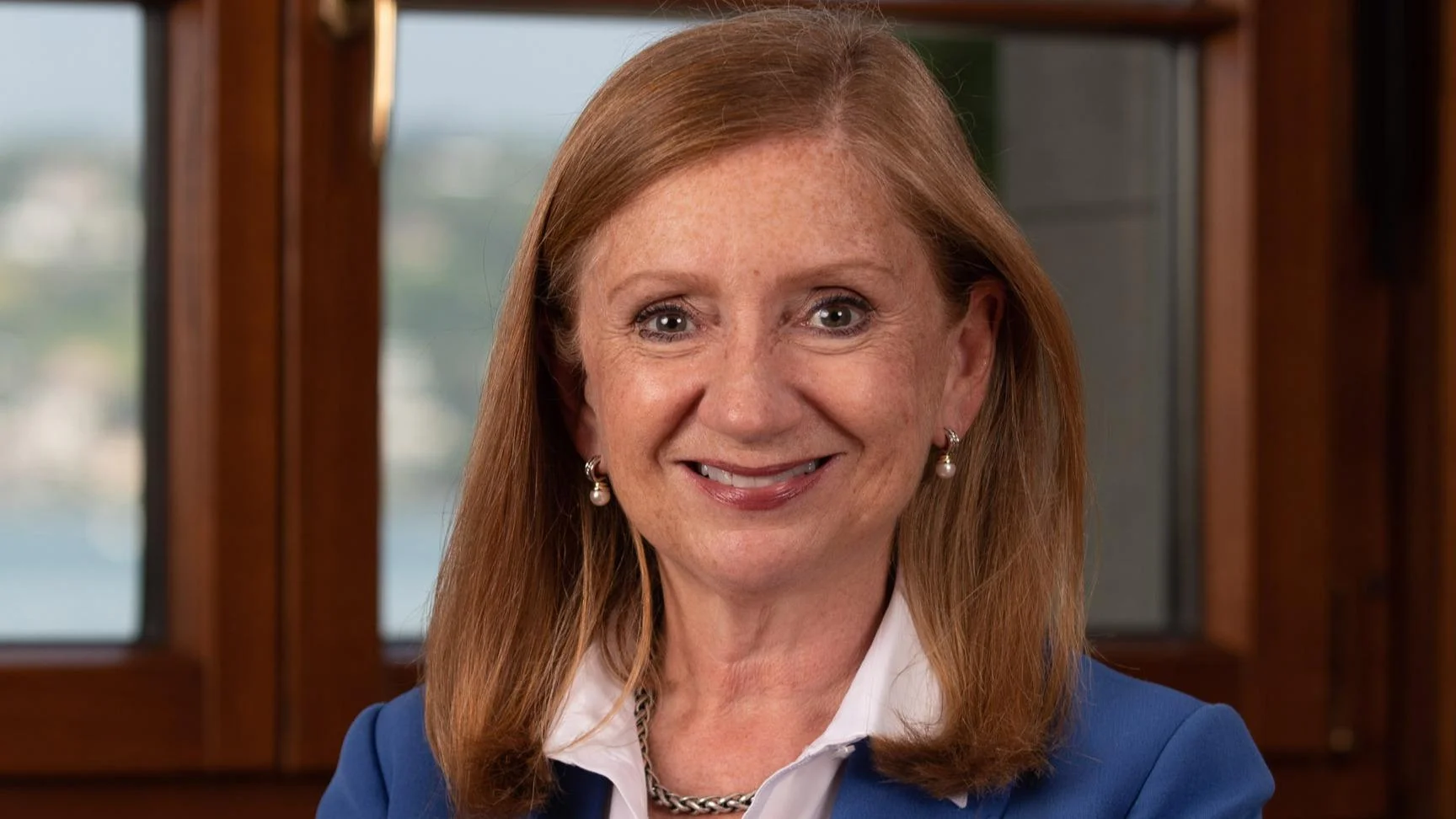Key negotiators, current parties of the Agreement on Government Procurement (GPA), and external stakeholders convened to discuss the impact and future of the GPA. They emphasized its role in expanding international market access for public procurement, enhancing sustainability, and promoting good governance. Director-General Okonjo-Iweala highlighted, “This is the first WTO agreement to impose a specific obligation on its signatories to prevent corrupt practices.”
DG Okonjo-Iweala outlined the benefits of GPA 2012, stating that opening public tenders to suppliers from other GPA parties allows governments to procure better-quality goods and services at competitive prices. She noted that this contributes to delivering better and more affordable public services, thereby improving people's lives.
Panelists explored ways to optimize the use of GPA 2012 provisions for future benefits. Discussions included supporting innovative practices, sustainability efforts by parties, and utilizing data on government procurement opportunities to enhance competition and achieve greater value for money.
The original Agreement, known as "GPA 1994," was amended in March 2012 to improve transparency in procurement practices. The amendments also introduced transitional measures for developing economies and e-procurement tools. With more government entities participating, the estimated annual value of market access commitments increased by USD 80-100 billion. Currently, procurement activities covered by the Agreement are valued at over USD 1.7 trillion per year.
Reflecting on its evolution, DG Okonjo-Iweala remarked, “The GPA 2012 is an inspiration for the WTO as a whole.” She suggested it serves as an example while working towards making WTO rules suitable for modern needs.
Presently, GPA 2012 includes 22 parties covering 49 WTO members; notably, the European Union with its member states counts as one party.

